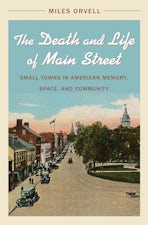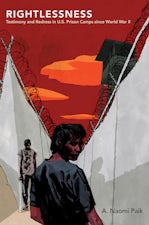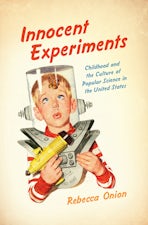The Dying City
Postwar New York and the Ideology of Fear
By Brian L. Tochterman
296 pp., 6.125 x 9.25, 15 halftones, notes, bibl., index
-
Paperback ISBN: 978-1-4696-3306-0
Published: June 2017 -
Hardcover ISBN: 978-1-4696-3305-3
Published: June 2017 -
E-book EPUB ISBN: 978-1-4696-3307-7
Published: May 2017 -
E-book PDF ISBN: 979-8-8908-4616-7
Published: May 2017
Studies in United States Culture
Buy this Book
- Paperback $32.50
- Hardcover $99.00
- E-Book $19.99
For Professors:
Free E-Exam Copies
It was this narrative of New York as the dying city, Tochterman argues, that contributed to a burgeoning and broad anti-urban political culture hostile to state intervention on behalf of cities and citizens. Ultimately, the author shows that New York’s decline--and the decline of American cities in general--was in part a self-fulfilling prophecy bolstered by urban fear and the new political culture nourished by it.
About the Author
Brian Tochterman is assistant professor of sustainable community development at Northland College.
For more information about Brian L. Tochterman, visit
the
Author
Page.
Reviews
“Mines a wide array of cultural sources . . . . Presents interesting and counterintuitive insights.”--Journal of American History
“Ambitious, thoughtful, and important.”--Journal of Social History
“There is no other study that brings together so many disparate yet well known New York voices under one narrative roof. Brian Tochterman’s The Dying City is an insightful, engaging, and provocative introduction into new ways of understanding New York.”--Eric Avila, University of California, Los Angeles
"Brian Tochterman forcefully shows how New York City has become a capital of contradictions: super-rich yet impoverished, safer and yet more perilous for its marginalized residents, a creative metropolis and a city whose artists can no longer afford to live there. This immersive, multifaceted history places New York at the center of wider cultural and political debates about American cities, showing how ideas about urban crisis in the late twentieth century persist and inform debates that continue to rage today."--Janet M. Davis, University of Texas at Austin




